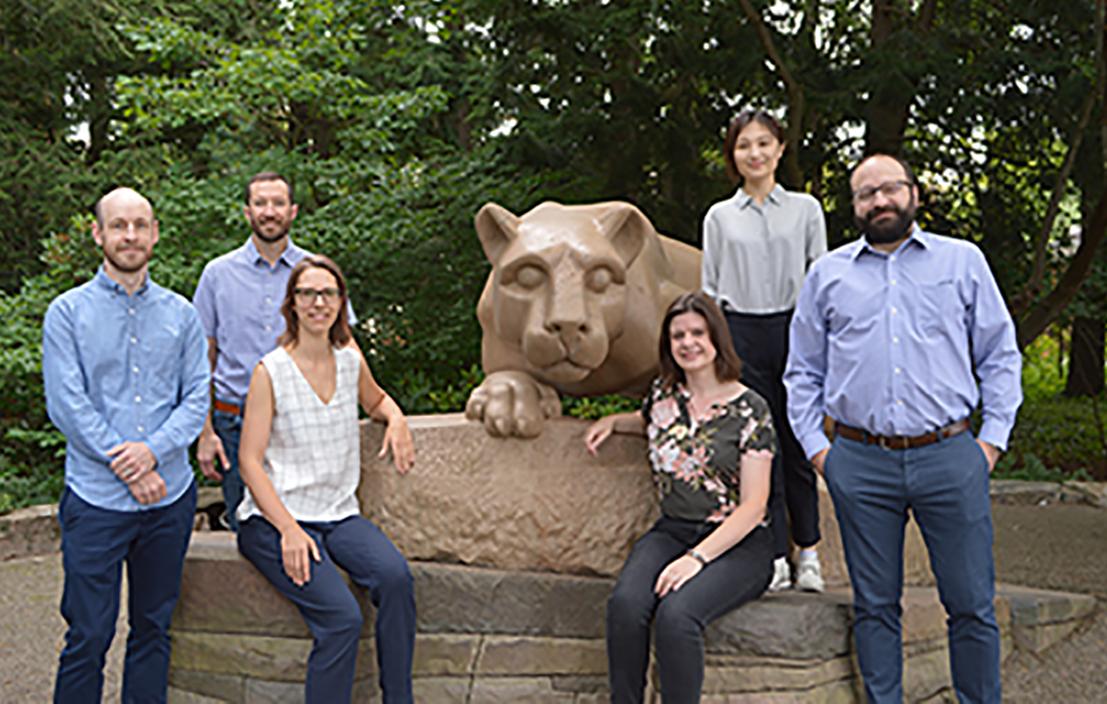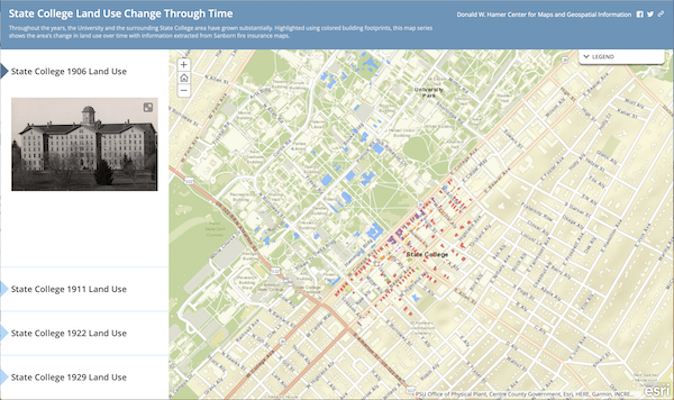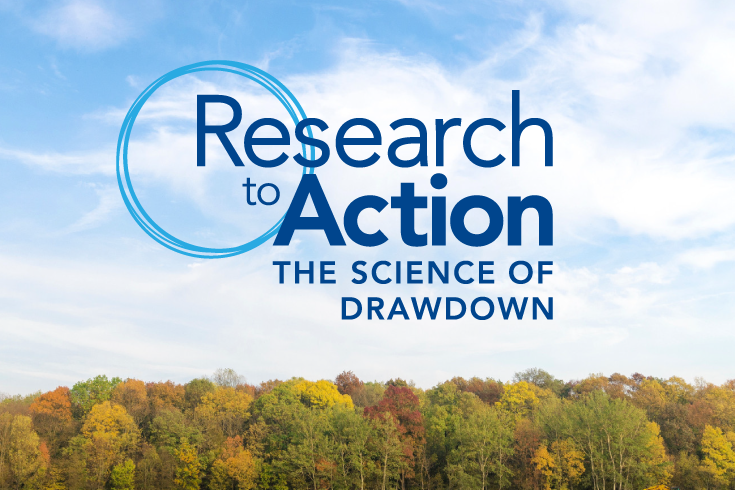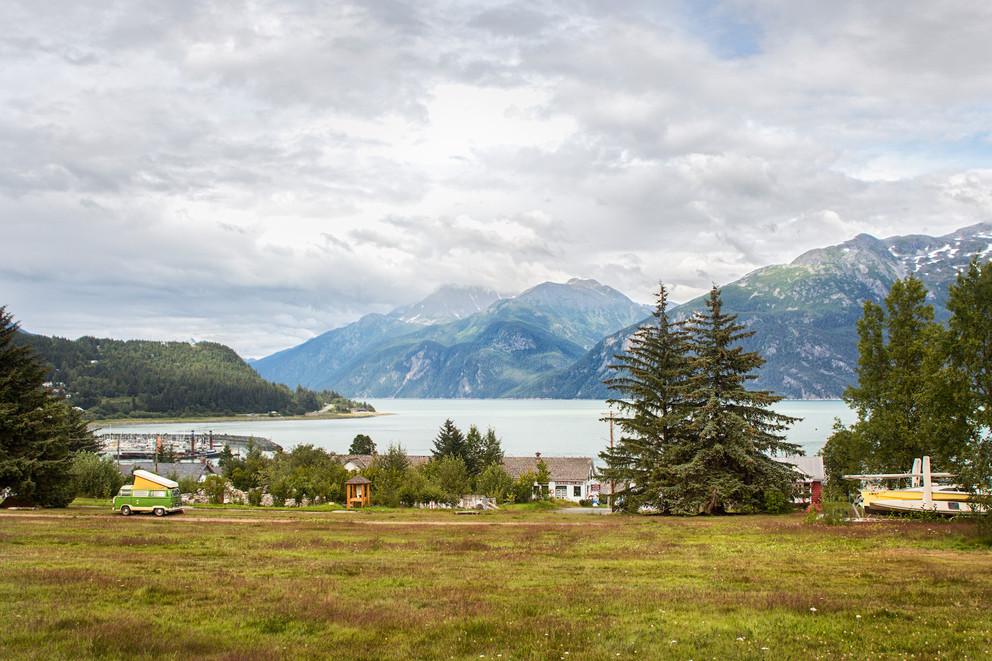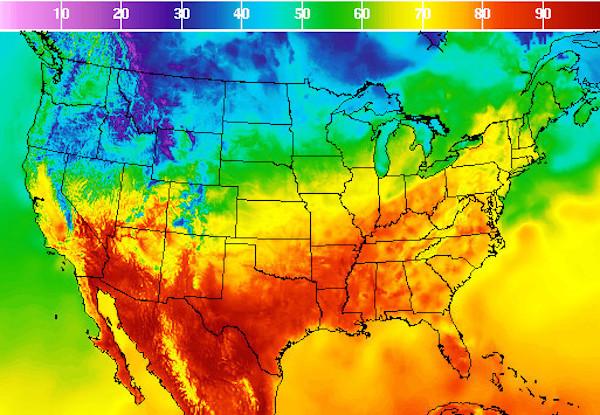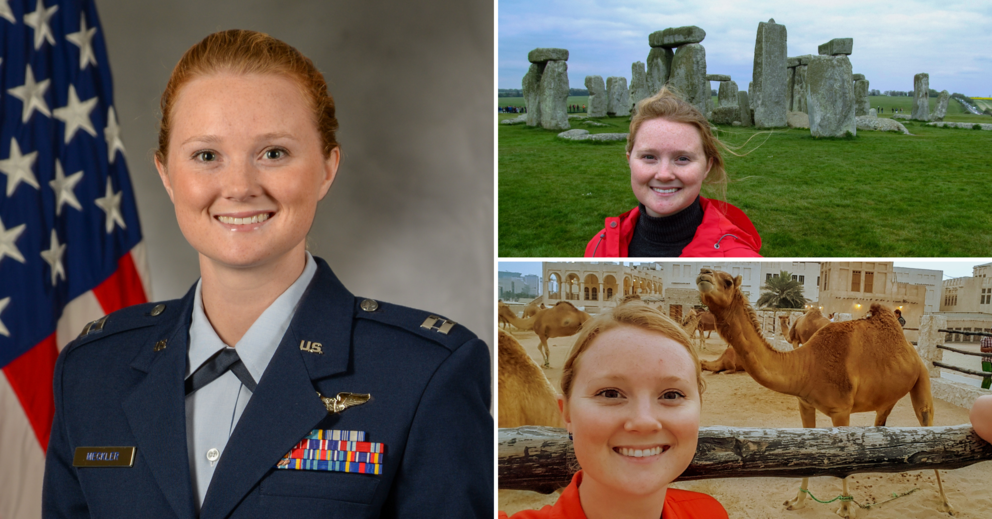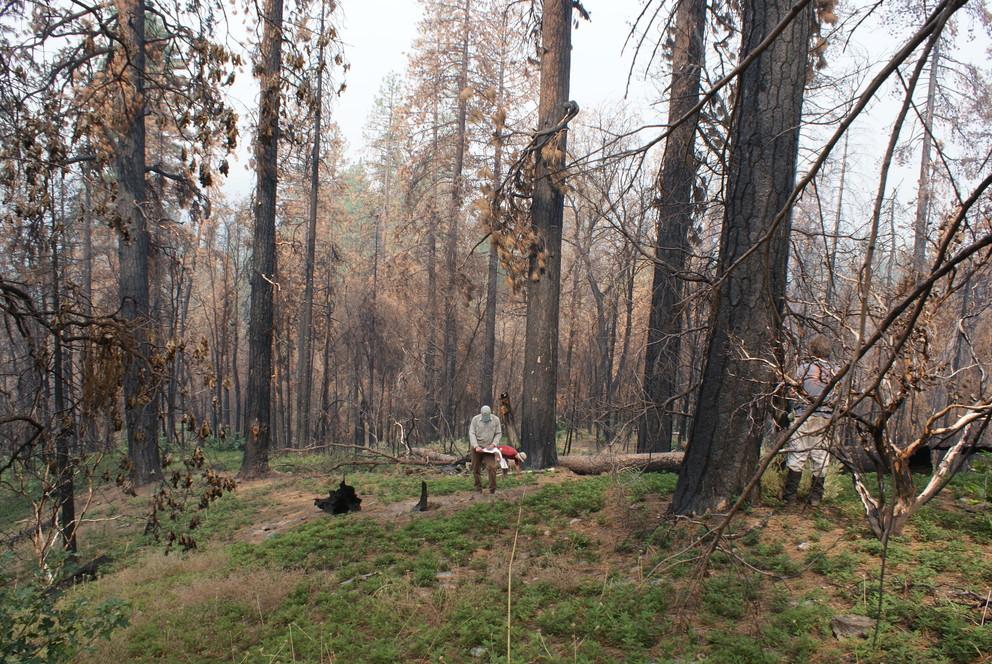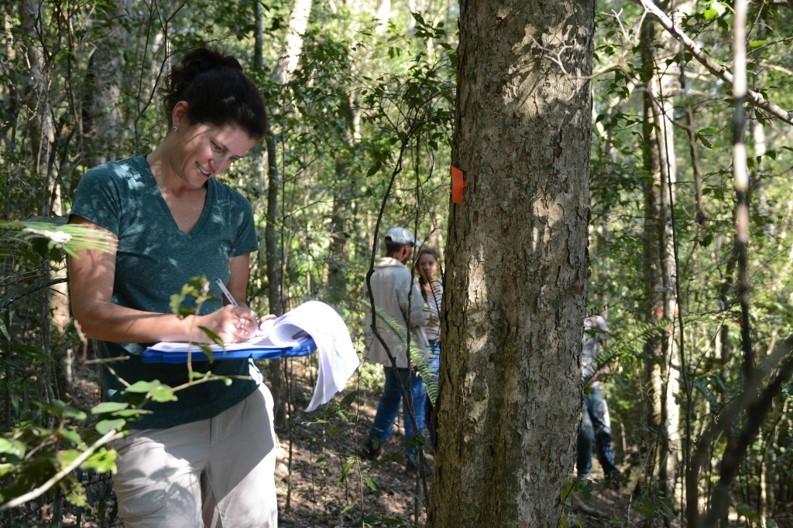Six new tenure-line geography faculty started this fall in the Department of Geography, College of Earth and Mineral Sciences. They will conduct research on a wide variety of subjects including water, climate change, natural hazards, remote sensing, social networks, data mining, economics, and inequality and diversity.
“The new geographers are bringing in not only their scientific expertise but also experience in using multiple research methods, and a dedication to engaging livelihoods and environments,” said Cynthia Brewer, professor and head of the department. “Their expertise will also be used to create new courses for our students.”
This fall, the Donald W. Hamer Center for Maps and Geospatial Information at the Penn State University Libraries will offer three informational sessions relating to foundational map and geospatial topics. Designed to provide an introduction to maps and geospatial resources and expertise available at the Libraries, these sessions aim to engage participants across disciplines in their use of geospatial information.
Sessions are open to all Penn State students, staff, faculty and the public. Advance registration is not required. All sessions will be held in 211A Pattee Library on the University Park campus, with remote viewing available online via Zoom.
In addition, one-on-one map and geospatial research consultations are available through the Hamer Center.
More than 20 Penn State researchers are participating in the upcoming climate solutions conference Research to Action: The Science of Drawdown. Overall, more than 70 speakers will be presenting at the event, which will take place Sept. 16-18 at the Penn Stater Hotel and Conference Center.
The Research to Action conference is designed to analyze and review the science behind a broad portfolio of existing and emerging solutions that together have the goal of reversing climate change in the next few decades. Plenary, poster and breakout session participants also will discuss synergies and interactions among eight global sectors and evaluate implementation pathways.
Alaskan coastal Indigenous communities are facing severe environmental changes that threaten to irrevocably damage their way of life. A $3 million grant from the National Science Foundation (NSF) will allow Penn State researchers to assist local communities with foreseeable environmental challenges and work towards building more resilient communities.
The project, “Pursuing Opportunities for Long-term Arctic Resilience for Infrastructure and Society,” or POLARIS, is funded through NSF’s new "Navigating the New Arctic" program, which will establish a network of platforms and tools across the Arctic to document and understand the Arctic's rapid biological, physical, chemical and social changes.
A team of experts, led by faculty members at Penn State, is implementing an initiative to provide K-12 teachers with the materials and skills to teach students about the Holocaust, genocide, human rights violations and other difficult topics. Presentations at the Holocaust Center of Pittsburgh on July 16 and 30 were the initiative’s first activities.
They say if you don’t like the weather, just wait awhile. But how long you wait may depend on your location — the weather changes much faster and more violently in some geographic areas compared to others, which can mean that current weather prediction models may be slow and inefficient.
Now, Penn State researchers are using artificial intelligence to pinpoint those swift-changing weather areas to help meteorologists produce more accurate weather forecasts without wasting valuable computational power.
In a study, the researchers used an AI model based on natural selection to find areas of the continental United States where temperature changes are harder to predict and variable, so that computational resources can be focused there, rather than places were the weather is less apt to change. The resulting temperature prediction algorithm was equal to or better than the current model, but used less computational power.
According to Guido Cervone, professor of geography, meteorology and atmospheric science, Penn State and co-hire and associate director of the Institute for CyberScience, which provides Penn State researchers access to supercomputing resources, the study could lead to a solution to developing more accurate short-term forecasts, one of meteorology’s trickiest problems.
Katherine Meckler, a captain in the United States Air Force, helps pilots to navigate the skies, has completed six deployments around the world since 2017, and moved across the country for a new assignment. Despite leading such a busy life, she is pursuing her master’s degree online from Penn State and carries a 4.0 GPA.
Meckler is a Penn State World Campus student who is balancing the demands of serving in the military and working toward a master’s degree in geographic information systems. Meckler, who has a bachelor’s degree in geography, hopes her master’s degree will allow her to go back to the geographic information field once her active-duty military service ends.
Forests in Yosemite National Park hold more carbon today than they did 120 years ago despite burning in a severe wildfire in 2013, according to a Penn State-led team of researchers.
“Land vegetation across the globe absorbs about 30% of the carbon dioxide people create each year,” said Alan Taylor, professor of geography and ecology at Penn State. “It’s a big sponge in terms of carbon dioxide absorption, which helps offset some of the increases caused by fossil fuel consumption. There is a lot of interest in thinking about forests in particular as a way to help reduce the amount of atmospheric carbon dioxide.”
Two Penn State faculty members have joined the leadership team of the Institutes of Energy and the Environment (IEE). Erica Smithwick, the E. Willard and Ruby S. Miller Professor of Geography in the College of Earth and Mineral Sciences, and Bruce Logan, the Evan Pugh Professor in Engineering and the Kappe Professor of Environmental Engineering in the College of Engineering, have both been named associate directors of IEE.
Native forests make up 1 percent of the landscape in South Africa but could play a key role in reducing atmospheric carbon and identifying sustainable development practices that can be used globally to counter climate change, according to a Penn State researcher.
"As we think about pathways for reducing atmospheric carbon dioxide concentrations, one of the available approaches is to use the natural world as a sponge," said Erica Smithwick, professor of geography and director of the Center for Landscape Dynamics at Penn State.
The challenge, according to Smithwick, is to use forests to store carbon while also meeting local community needs. As trees grow, they absorb and store carbon through photosynthesis. Carbon makes up about half of a tree's mass, but amounts vary by species. To find its carbon stock, scientists use equations based on the tree's diameter and other variables, like height and wood density, rather than cutting down and weighing each species.


